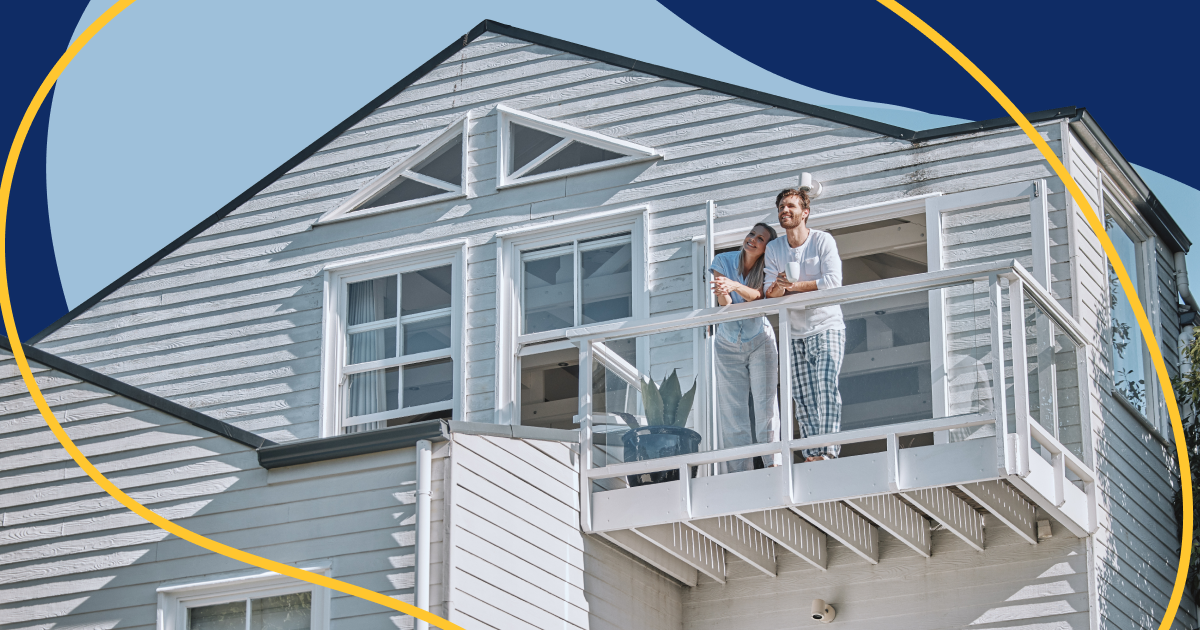
Real estate tips and trends
Subscribe to our newsletter:
Get the latest articles on real estate business, tech and productivity delivered to your inbox.
By submitting this form you agree to us contacting you and using your details for marketing purposes as per our privacy policy.
September 9, 2025
—
6
Minute Read
Discover how strong property copy boosts buyer interest and cuts costs. Learn why storytelling sells homes faster. Read now for smarter marketing.
September 2, 2025
—
4
Minute Read
Discover powerful property storytelling techniques to attract buyers and sell homes quicker. Learn how to turn any listing into a compelling story today.
August 15, 2025
—
3
Minute Read
Learn to blend AI speed with your personal touch for engaging real estate copy. Create stories that connect and turn buyers into leads.
August 4, 2025
—
5
Minute Read
Discover 5 easy ways to get more from your real estate CRM. Improve data, leads and results today. Start using your CRM smarter now.
August 1, 2025
—
12
Minute Read
Learn to build a process that wins vendors’ trust, reduces stress and grows referrals. Follow our easy steps to stand out from the competition.
July 28, 2025
—
5
Minute Read
Boost your real estate listings with 5 easy tips. Build trust, stay in touch and ask for the business. Start winning more listings today.
July 21, 2025
—
7
Minute Read
Create a seamless vendor experience by blending digital tools with real-world service. Win more listings and referrals. Learn how in our expert tips.
July 9, 2025
—
6
Minute Read
Learn 7 practical ways to boost team collaboration and productivity in your agency. Check out this guide. Start improving today.
July 7, 2025
—
6
Minute Read
Discover how smart tech boosts listings without new hires. Learn to fix bottlenecks and grow your agency with this simple guide.
June 30, 2025
—
10
Minute Read
Discover if chatbots in real estate actually work. Learn how to boost leads and save time. Get practical tips to make your chatbot perform. Read now.
June 27, 2025
—
6
Minute Read
Avoid costly tech mistakes with our practical guide for real estate agents. Use our proven framework to pick the right tools.
June 23, 2025
—
10
Minute Read
Learn what CRM integration is, why it matters for real estate, and how to do it right. Discover key benefits and tips. Start syncing your systems today.
June 18, 2025
—
6
Minute Read
Discover 5 tech trends changing real estate. Learn how tools like AI and CRMs can help your agency grow. Stay ahead of the curve, start today.
June 13, 2025
—
11
Minute Read
Boost your real estate agency’s growth using data analytics. Discover key metrics, tools and insights to stay ahead. Learn how with this expert guide.
June 10, 2025
—
6
Minute Read
Discover how going paperless saves time, cuts costs and boosts security in real estate. Learn simple steps to go digital and future-proof your agency today.
June 9, 2025
—
7
Minute Read
Discover how leading real estate agencies ditch spreadsheets, centralise data and scale faster. Learn how to streamline ops and book your free demo today.
May 21, 2025
—
12
Minute Read
Discover must-have real estate tech tools to boost efficiency and growth. Build a smart, scalable tech stack today with this simple guide.
May 7, 2025
—
9
Minute Read
Learn how to work with social media algorithms to grow local visibility and engagement, perfect for real estate pros. Start training your feed today.
May 6, 2025
—
9
Minute Read
Discover proven ways to spark more home appraisal requests using subtle marketing triggers. Get the free guide and start attracting more sellers today.




























